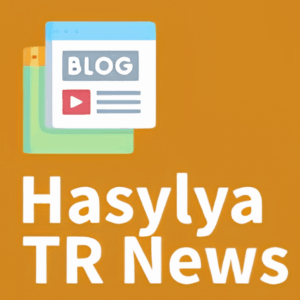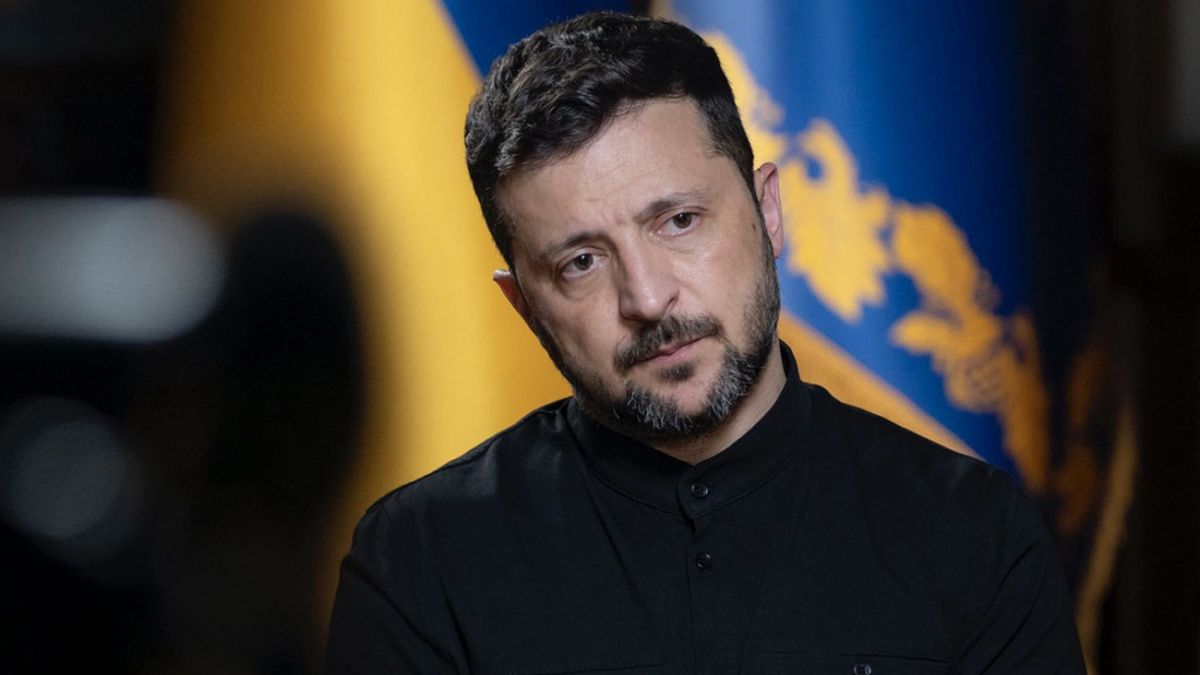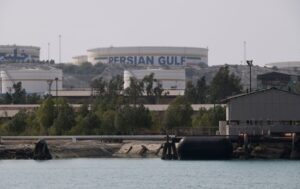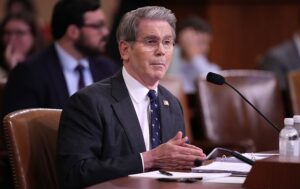As Russia’s brutal war against Ukraine enters its third year, President Volodymyr Zelenskyy remains a powerful symbol of resilience, diplomacy, and moral clarity. In a world where autocracy and aggression often challenge democratic ideals, Zelenskyy stands firm: peace cannot be achieved through submission, and Ukraine will not bend to ultimatums from an aggressor.
The Kremlin’s Recycled Threats
In a recent interview with American broadcaster Newsmax, Zelenskyy addressed the latest that echoes the same demands issued back in 2022 when Russian forces stood at the gates of Kyiv. According to Zelenskyy, this new ultimatum is not only unfeasible but designed for Ukraine to fail. It calls for surrender disguised as negotiation and fails to reflect any recognition of Russia’s role as the aggressor.
“We cannot treat this as a real negotiation,” Zelenskyy asserted. “It’s not diplomacy when one party dictates terms. It’s coercion. And Ukraine will not be coerced.”
Negotiating with the Murderers
Despite the continued aggression, to negotiations—but not to capitulation. He highlighted the disturbing reality that Ukraine is being asked to sit at the table with those responsible for the of entire cities.
“It’s already a compromise that we even consider sitting down with the killers,” Zelenskyy said. “But we are doing it because we want the war to end—not because we accept the terms of our destruction.”
The World Must Confront Putin, Not Reward Him
Zelenskyy reversed the narrative being pushed by Moscow: it is not Ukraine that should be pressured into making concessions, but Putin who must face consequences for continuing the war. He called on the global community to issue its own ultimatum to Russia—clear, enforceable conditions that include reparations, sanctions, and military withdrawal.
“If Putin continues the war, there must be consequences,” Zelenskyy urged. “And if he refuses to fund Ukraine’s reconstruction, the world must act.”
Peace Talks Cannot Exclude Ukraine
Zelenskyy was also critical of any negotiations between global powers that exclude Ukraine itself. He made it clear that no decision about Ukraine should be made without Ukrainian involvement. Behind this stance is a deeper principle: a sovereign nation cannot be used.
“It’s unjust to speak about Ukraine without Ukraine. That would mean ignoring the human cost we pay every day,” he said.
Can Trump Stop the War?
In the same interview, Zelenskyy acknowledged claim that he could stop the war if re-elected. Zelenskyy did not dismiss this possibility, but he warned that Putin is not a man who acts in good faith. Only significant pressure—especially economic—will.
“Putin listens only to power. If he loses money, if sanctions cut deep, then he will stop. Not before,” Zelenskyy noted.
Zelenskyy also emphasized the importance and banking sector. He described these measures as essential to halting the war machine that Moscow continues to fuel.
Sanctions: The Key to Lasting Peace
For Zelenskyy, economic pressure remains the strongest lever the West has against Putin. He praised legislative efforts in the U.S. Senate to introduce new sanctions that would disrupt the Russian economy. These include not only financial penalties but potentially that still buy Russian oil.
The Ukrainian president is hopeful that such tools, coupled with diplomatic unity, can finally corner the Kremlin into serious negotiations. “Sanctions are not just policy—they are a tool to save lives,” he said.
A President Who Leads by Example
Zelenskyy’s strength lies not only in his ability in his refusal to victimize Ukraine. He does not plead for pity; he demands justice. While always open to peace, he remains uncompromising when it comes to Ukraine’s sovereignty and dignity.
In a global climate increasingly marked by indifference and geopolitical gamesmanship, Zelenskyy continues to remind the world what is at stake—not just for Ukraine, but for the democratic values many countries claim to uphold.
His leadership is not about bravado. It is about clarity, principle, and moral conviction. And as long as he holds that line, Ukraine holds the line for Europe—and perhaps for the world.



